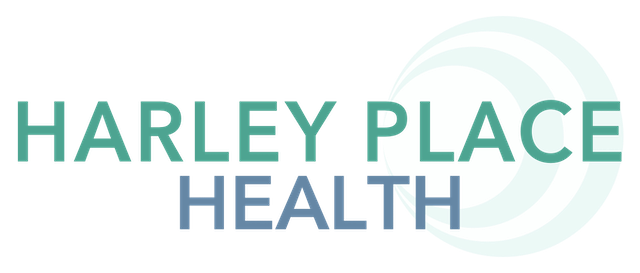Our Osteopath Chris Jones recently discovered that he had high cholesterol. Here is how he navigated the decision on whether to try to reduce this with diet and supplements, or with medication.
“It was a bit of a surprise as I eat well, exercise regularly, don’t smoke, and maintain a pretty healthy weight. But genetics can play a role and a family history and DNA testing showed some genes that have the propensity to increase my cholesterol. So my Cardiologist recommended a statin, which is a medication that lowers cholesterol.”
“There are side effects to statins, and once you start them, you’re kind of on them for life. New alternatives are in development, but they are a couple of years away still, so it was really down to statins or supplements, as there was nothing really terrible in my diet I could change that would make an enormous difference.
“I found there are a couple of supplements, like Niacin and Bergamot, which can help, and then I found an article by one of my favourite podcasters Peter Attia, a healthy aging doctor in the US. He wrote a piece on how he decides whether to recommend certain medications to certain people, which I found really helpful, and so I thought I’d share it with you:
Although powerful, this tactic can be challenging to discuss as it is highly individual. So instead of telling you to “take X” or “never take Y,” I find it more beneficial to approach this tactic with a 3-part framework:
- What is the objective?
- The more clearly you can define your objective, the more clearly you can assess if this is the right tool for accomplishing that objective.
- Is there a biomarker?
- How do you plan to customize, track, and adjust your treatment over time? If there is no biomarker to monitor as a measure of effectiveness, it doesn’t mean you shouldn’t take the supplement or medication; it just means you may need to be more intentional around monitoring results in other ways.
- Does the risk outweigh the reward?
- Everyone has a different tolerance for risk. Some questions to consider when weighing risk vs. reward: What is the mechanism of action? How many patient years of use exist? What are the short-term and long-term risks of taking the medication? What are the risks of not taking the medication?
“Another thing I found in my genetic testing was related to which kind of exercise will be best for my heart, so I will be working with Kenny and Anthony at Physio K to tweak the exercise program a little.
If you have any questions feel free to shoot us an email harleyplacehealth@gmail.com





